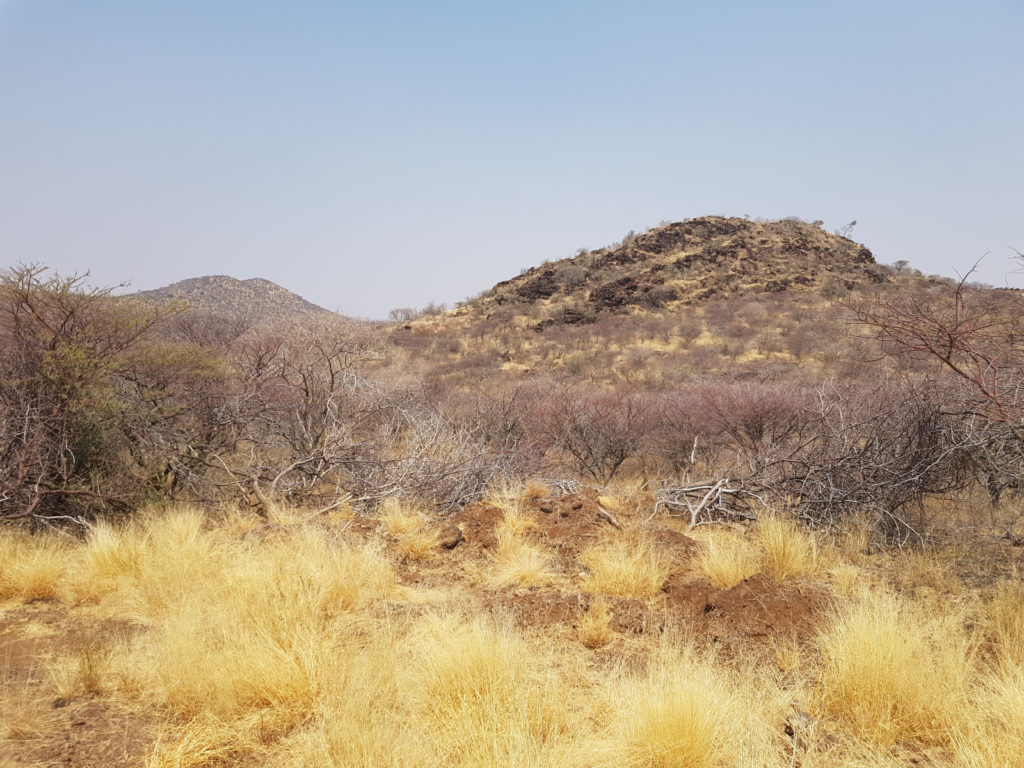Namibian rare earth minerals project targets 2026 production

Namibia’s Broadmind Mining expects its Eisenberg rare earth minerals project to start production in 2026, an official said on Friday, as the country seeks to profit from growing demand driven by a global shift towards clean energy technologies.
The southern African country has significant reserves of rare earth minerals such as dysprosium and terbium, which are needed for permanent magnets in the batteries of electric cars and wind turbines.
Sidney Martin, executive chairman of the privately-owned Broadmind Mining, told Reuters the company had started assessing the economic viability of the Eisenberg deposit, which has an inferred resource of 570 million tonnes of rare earth minerals including neodymium, praseodymium, yttrium and cerium.
“Everyone is scrambling for rare earth minerals to benefit their economies. With this resource, Namibia will become a critical player between two superpowers – America and China,” Martin said in an interview.
China accounts for about 90% of global rare earth mineral output and Western nations are seeking to diversify sources of the metals.
In October, Namibia’s mines and energy minister Tom Alweendo said the country had agreed a deal to sell its rare earth minerals to the European Union, as the bloc works to reduce its reliance on energy imports from Russia, following its invasion of Ukraine.
Canada-listed Namibia Critical Metals has a joint venture with the state-run Japan Oil, Gas and Metals National Corp to develop the yttrium-rich Lofdal deposit in north-western Namibia, the most advanced rare earth project in the country.
(By Nyasha Nyaungwa; Editing by Nelson Banya and Mark Potter)
{{ commodity.name }}
{{ post.title }}
{{ post.date }}




Comments